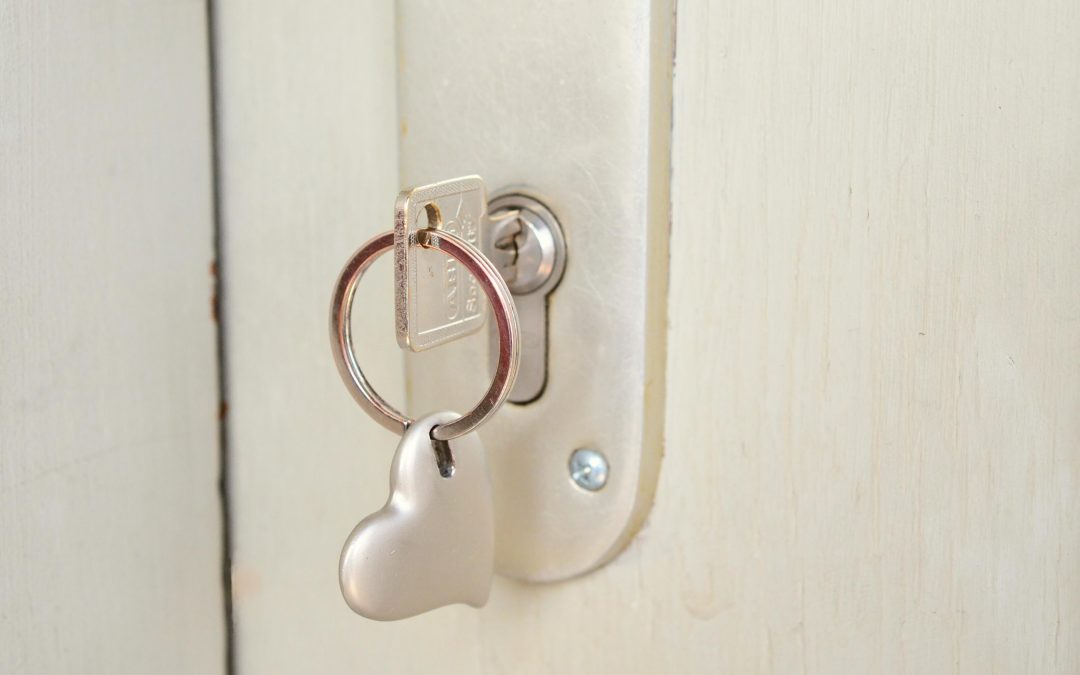Surely, this isn’t the first time you’ve been through this process. It’s widely spread to rent a home when you leave the student life and start living on your own. And for this, it is essential to sign a rental lease.
—I remember perfectly well the first contract I signed —says Paloma nostalgically.
—Me too —says the cheerful Almudena.
—I was sharing a flat with a roommate.
—And I had a bunch of them.
—Don’t complain, you were in a wonderful city.
The truth said, at the beginning, you sign the document the landlord provides without much questioning the content; focusing, above all, on the price. After all, it’s the issue that had the most consequences for you at the moment.
Accepting this is always an essential point, it’s fundamental to consider others that may condition your life, especially if you come from outside Spain and are not familiar with Spanish law and common practices in Madrid.
—The essence is the same in all places —Palo reflects on conscientiously.
—Paying a price in exchange for using a house —Almu answers quickly.
—Elementary, dear Watson!
—And in our experience …
—Which is a huge!
—The basic conditions are negotiable and customizable in all legislations.
Focusing on Madrid, the rental lease is regulated by the 1994 Urban Leasing Law (LAU), updated with subsequent modifications. Last one affects all the leases signed after March 6, 2019.
The key points on which to focus, ensure that they are specified in the lease and tailored to your needs are:
1. Duration of the lease.
Make sure you have the minimum time you consider essential covered. Normally, the length of the contract is for 1 year.
The tenant can stay for 5 years (in case of private owner) or 7 years (if the owner is a company) without the owner being able to claim the use of the dwelling unless he needs it for himself or his immediate family (after the first year has elapsed).
Once the 5 or 7 years period is fulfilled and if neither party communicates to the other its desire not to continue, the contract is extended for another 3 years with the same conditions.
2. Price, payment and rent update.
The rent (price) is usually paid monthly during the first days of each month.
The usual form of payment is by bank transfer.
The rental payment is updated annually according to the variation of the “IPC” (Consumer Price Index) published by “INE” (National Statistics Institute).
3. Legal deposit and payment guarantees.
The mandatory security deposit is 1 month’s rent that is returned to the tenant within 1 month of the tenant returning the keys to the owner.
For a furnished property the usual deposit is 2 month’s rent.
This security deposit can be updated every 5 or 7 years if the contract is extended.
To guarantee payment, it is also common to increase the number of months for the security deposit or to require a bank’s guarantee. Since March 2019, the Law limits the value of the additional guarantee to a maximum of 2 months rent (except for longer term duration leases, longer than 5-7 years). Until that date, up to 6 months of security deposit or bank guarantee was considered reasonable because it’s the estimated time it takes a judicial procedure to return the home to the owner in case of non-payment.
4. Expenses: utilities and taxes
The cost of individual meter-based services (electricity, water, gas , etc.) are always paid for by the tenant.
The general expenses of the house such as taxes and community expenses are usually paid for by the owner.
5. Works and maintenance of the house
Small repairs due to ordinary wear and tear are the responsibility of the tenant. The rest of repairs are the landlord’s responsibility.
No work/construction on the home is allowed without the consent of the owner. Consent must be in writing.
If you are planning to move to Madrid soon, you will find all the relevant information in The secret of relocating to Madrid. If, in addition, you need help with the organization or even if we accompany you, check out our services.
In the meantime, you can receive regular information by filling out this questionnaire. And if you find it useful, we thank you for sharing it.
Photo on Visual Hunt



